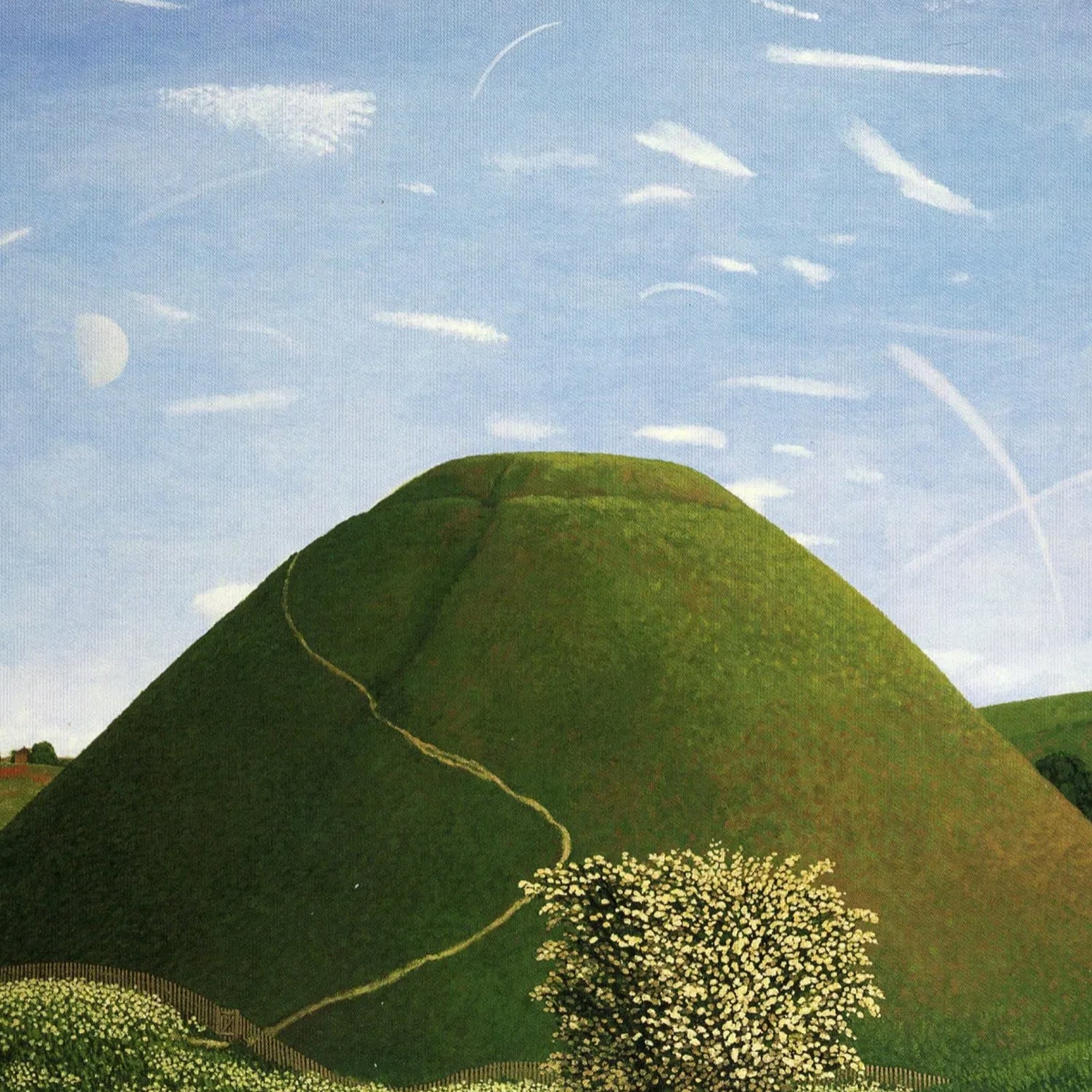
David Inshaw
David Inshaw is a British artist who sprang to public attention in 1973 when his painting The Badminton Game was exhibited at the ICA Summer Studio exhibition in London. The painting was subsequently acquired by the Tate Gallery and is one of several paintings from the 1970s that won him critical acclaim and a wide audience. Others include The Raven, Our Days Were a Joy and Our Paths Through Flowers, She Did Not Turn, The Cricket Game, Presentiment and The River Bank (Ophelia).
David Inshaw was a member of The Brotherhood of Ruralists which is a British art group founded in 1975 in Wellow, Somerset, to paint nature. Their work is figurative with a strong adherence to 'traditional' skills. Painting in oil and watercolour predominate, with mixed media assemblage, printmaking, ink and pencil drawing also being common. It has been described as "a kind of late twentieth-century reinvention of William Morris's arcadian craft guilds.
Though the Ruralists disbanded, Inshaw has maintained his interest in the local landscape, and for Andrew Lambirth, author of the first monograph on the artist, “in some ways he can be seen as a contemporary interpreter of Hardy’s Wessex”. Lambirth continues: “He has known and loved this landscape for nearly half a century, and during that time his understanding of it has matured and developed, just as his style has evolved from the tiny immaculate brushstrokes of the early paintings to the more broad and expressive sweep of his work today. Inshaw’s work is renowned for its mood of celebration: of the beauties of the natural world as well as the women who have been his muses. That generosity of spirit is balanced by an intimate appreciation of the great artists of the past, whose works are frequently referenced in his own work. David Inshaw reaffirms with wit and warmth the human place in the world and our part in its larger beauty."
The gallery stocks a number of David's prints.